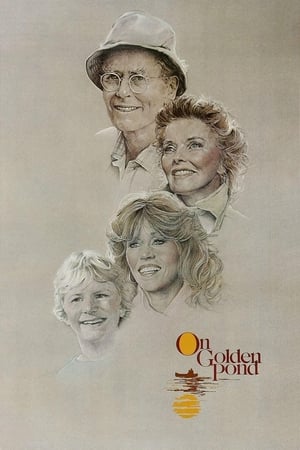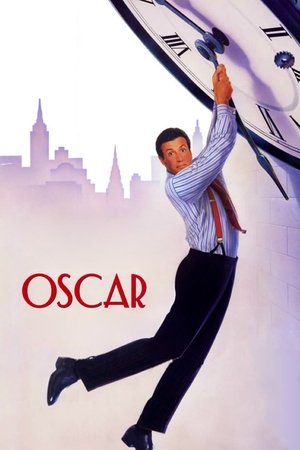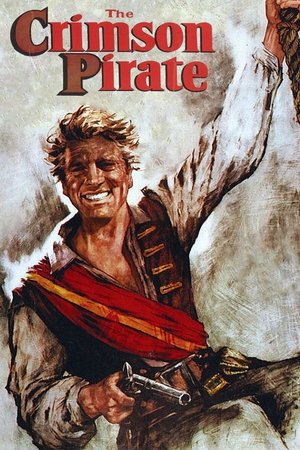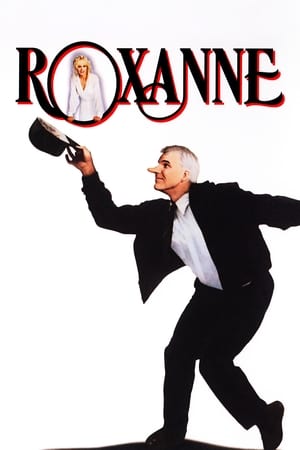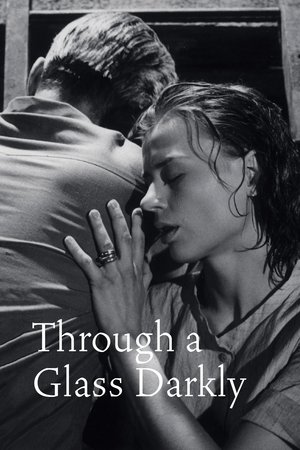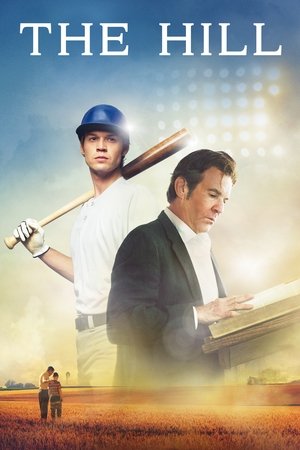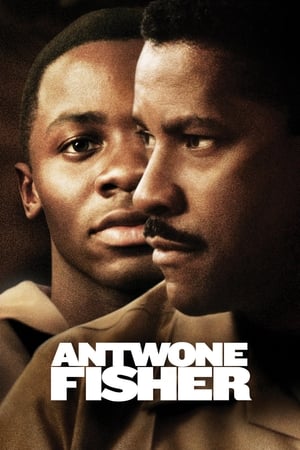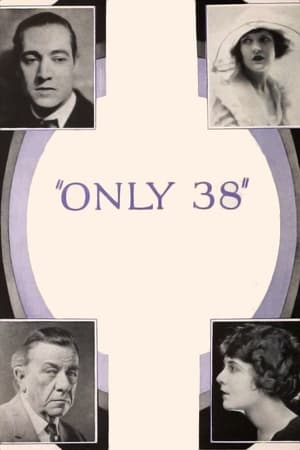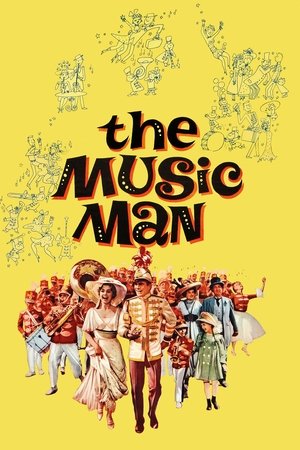Overview
Aging King George III of England is exhibiting signs of madness, a problem little understood in 1788. As the monarch alternates between bouts of confusion and near-violent outbursts of temper, his hapless doctors attempt the ineffectual cures of the day. Meanwhile, Queen Charlotte and Prime Minister William Pitt the Younger attempt to prevent the king's political enemies, led by the Prince of Wales, from usurping the throne.
Reviews
As monarchs go, King George is of the better kind. He's gruff and has annoying quirks, but he cares for people and country. He's neither a cruel tyrant, nor a wasteful peacock - which the prince is.
Trouble is, King George is not well any more. In his head. What we can diagnose to be likely porphyria today, was simply madness back then.
The Madness of King George has its aspects of tragedy, family drama, intrigue, comedy; but always present are the reflections about politics, power, monarchy and what it is, can be, should be (and whether at all).
It presents itself as a period piece, but written as a theatre play in 1994, it is at the same time a contemporary deliberation, with some jibes and jokes about things which seem to never change... in the UK, at least.
Viewers in The Colonies might enjoy it as well.
I sure did, not least because of the great Nigel Hawthorne, who won the Best Leading Actor BAFTA for this, and plays Mr. King in a very touching way. The not-only-supporting cast is both well known, and gives excellent performances throughout.
Very much recommended, if the genre doesn't put you off.
A little like Keith Michell in "Henry VIII and his Six Wives"; this was a role Nigel Hawthorne had perfected earlier (he won an Olivier award for the stage play) and so he took to the cinematic version like a duck to water. This telling of his "madness" is superb - ably reflecting the unpredictable and vacillating behaviour of the King in a plausible and engaging manner. Rupert Everett, Helen Mirren and Ian Holm lead a very capable supporting cast and the incorporation of Handel's wonderful, rousing, Georgian themes adds to this sumptuous, if at times a little overly theatrical, production.

 107 min
107 min
 6.797
6.797
 1994
1994
 United Kingdom
United Kingdom
 jw wrote:
jw wrote: